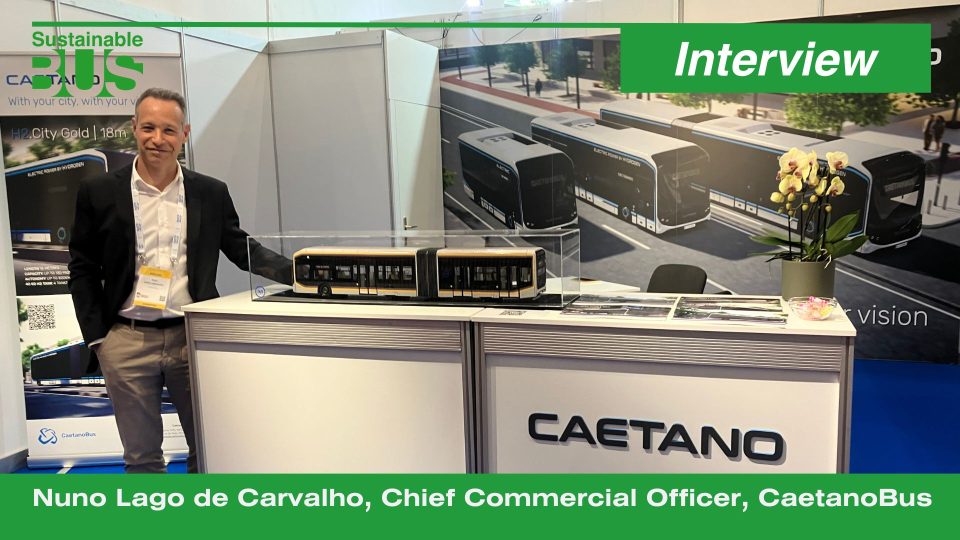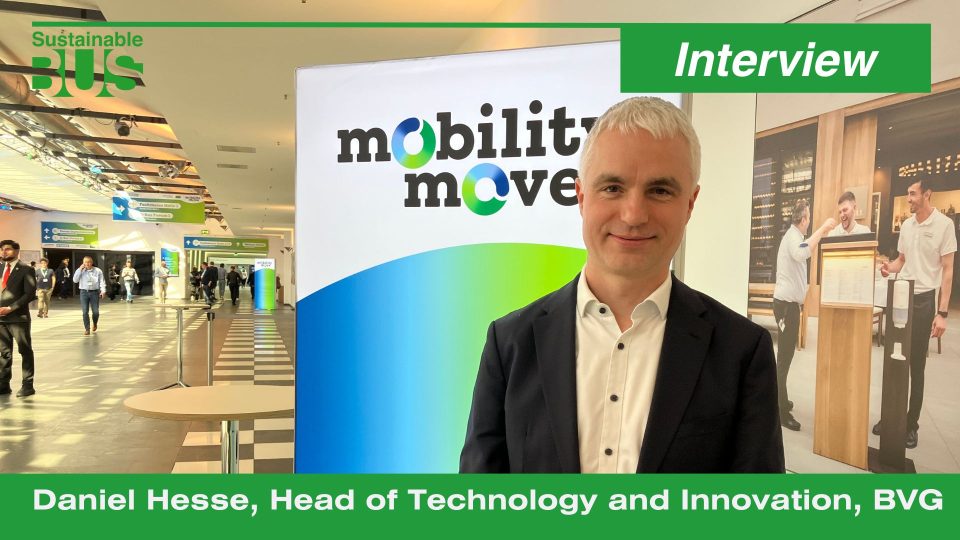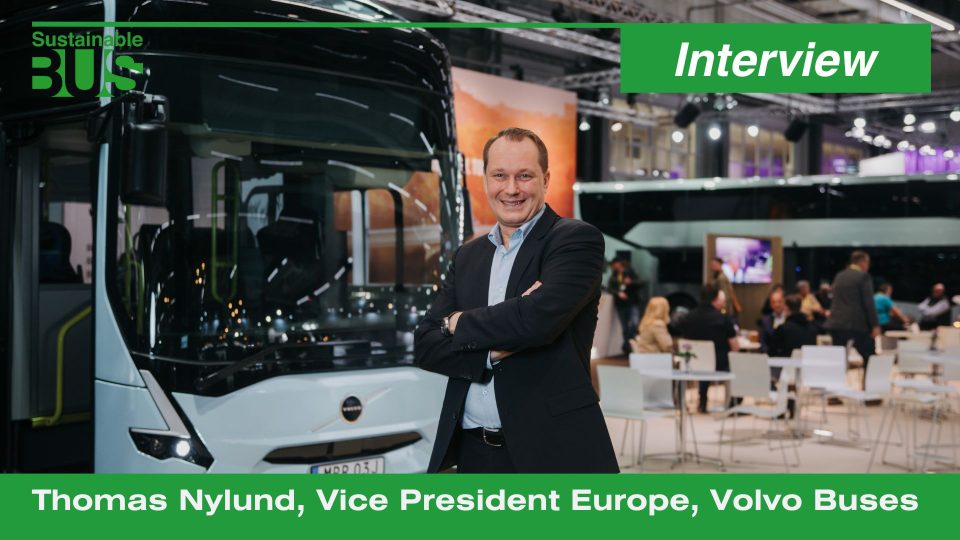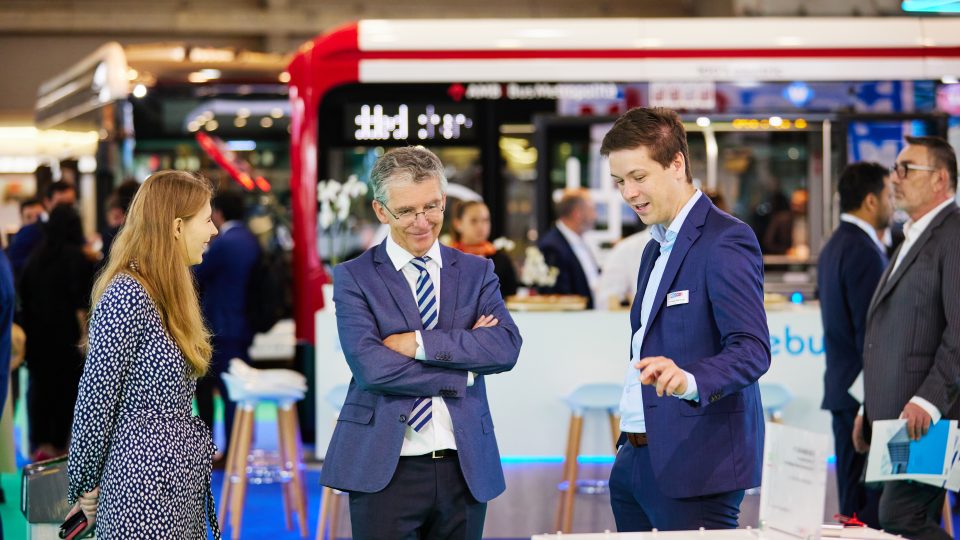Spotlight on the eDaily fuel cell: Iveco and Hyundai shares details on the new project
IAA Transportation in Hannover was the right place for IVECO to put on display not only the eDaily in its BEV version, but also the ambitious project regarding the fuel cell version. The latter was developed by IVECO in close cooperation with Hyundai Motor Company, with Hyundai and Iveco Group signing a MoU for mutual collaborations in […]
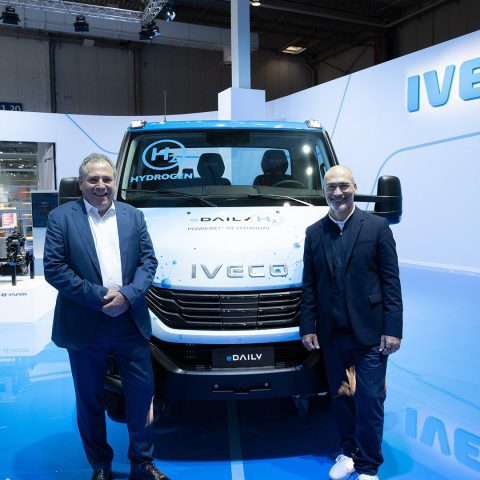
IAA Transportation in Hannover was the right place for IVECO to put on display not only the eDaily in its BEV version, but also the ambitious project regarding the fuel cell version. The latter was developed by IVECO in close cooperation with Hyundai Motor Company, with Hyundai and Iveco Group signing a MoU for mutual collaborations in March 2022.
In addition to the bus field, with the hydrogen-powered IVECO BUS vehicles equipped with Hyundai’s fuel cell system, the collaboration has already given concrete results in the light truck sector. At IAA, we could see the very first prototype of eDaily equipped with Hyundai’s 90 kW hydrogen fuel cell system and 140 kW e-motor.
We discussed topics around the vehicle, the whole project and the partnership between IVECO and Hyundai with Martin Zeilinger, Head of Commercial Vehicle Development Tech Unit, Hyundai Motor Company, and Marco Liccardo, Chief Technology & Digital Officer, Iveco Group.
The eDaily fuel cell development
The eDaily as a modular platform. How was the fuel cell vehicle developed?
Marco Liccardo: “When we talk about the eDaily, we mean a fully modular architecture, so we may decide to have one, two or three battery packs according to the range needed. When we started the cooperation with Hyundai, we thought of maintaining our architecture, and removing most of the batteries to turn the vehicle into a hydrogen fuel cell one.
Here, you can see the fuel cell system coming from Hyundai and the hydrogen tanks (12 kg of hydrogen) provided by Hyundai as well. We jointly developed all the software and controls, to have the starting platform of the eDaily powered by hydrogen. Compared to a pure BEV, the main advantages are higher range with the same payload. Indeed, with this configuration, we can reach 350 km in operation maintaining the same chassis of the eDaily”.
Are the fuel cells developed by Hyundai Motor? What about hydrogen tanks?
Martin Zeilinger: “Our fuel cell center provides the entire supply chain in Korea, so the major components come from Korean domestic suppliers, while the fuel cell stack is developed and produced by Hyundai Motor Group. The Hyundai fuel cell system is currently up and running in the passenger car world.
Tanks are not made by Hyundai, but the electrical integration into the fuel cell system is provided by Hyundai. We’re working with several suppliers”.
The cooperation between Iveco Group and Hyundai Motor Company is quite a big news in the CV world. What are the prospects of this partnership?
Zeilinger: “The project we can see here – the eDaily fuel cell – is a very good example of how the cooperation is working. There are a lot of interdependencies between our companies. We are also discussing the possibility of providing fuel cell systems for the Iveco buses and we’re investigating other fields as well. One example could be the FPT branch of the Iveco Group, as there’s an electric powertrain which could be interesting for other applications, as well as the e-axle developed by FPT itself.
We’re not only talking about electric stuff. Collaborations might deal with ICEs and we’re talking about more fields, but all this is at an early stage so far”.




